Thank you! Your submission has been received!
Oops! Something went wrong while submitting the form.


Why Your Attempt to Change the World Will Fail (Unless You Have a Solid Theory of Change)
Insights
•
6 min


How Do You Keep a Child From Starving for Less Than $100? For Annemiek Janssens, It Starts With Operations.
Profiles
•
5 min


Tobacco Is One of the Deadliest Industries of Our Time. Let’s Take It Down Once and for All.
Explainers
•
6 min


Europe Is Deciding on the Future of Its Food System Right Now — And Katrien Martens Is Getting Essential Voices to the Table
Profiles
•
8 min


Two Months After Quitting His Job, Joachim Verheyen Is Staring Down Big Tobacco in Moldova
Profiles
•
8 min


Limit the Market Power of Big Tech? This Circle Participant Is Trying to Make It Happen.
Newsletter
•
3 min


Abolish the Tobacco Industry — No One Should Be Allowed to Addict and Poison Others on an Industrial Scale
Explainers
•
6 min


What World Problem Do You Want to Tackle? Look for One That’s Sizable, Solvable, and Sorely Overlooked
Insights
•
6 min


Wanda de Kanter Was the ‘Lung Doctor Who Smoked’ – Until She Decided to Fight Back Against the Tobacco Industry
Profiles
•
6 min
Discover More
.jpg)
Documentary
Our documentary series spotlights pioneers who traded prestige for purpose, taking you behind the scenes of our Moral Ambition Fellowships, where fellows learn to turn ideals into action.
Watch Now
.jpg)
Our Manifesto
Our movement started with a book. In Moral Ambition, Rutger Bregman reveals how the conventional definition of success is broken and how a movement of moral pioneers can change it.
Learn More
.jpg)
Support Us
Start contributing to our mission today — whether it’s by giving your time, your resources, or your expertise. Explore the ways you can get involved and start driving meaningful change with us.
Find Out More

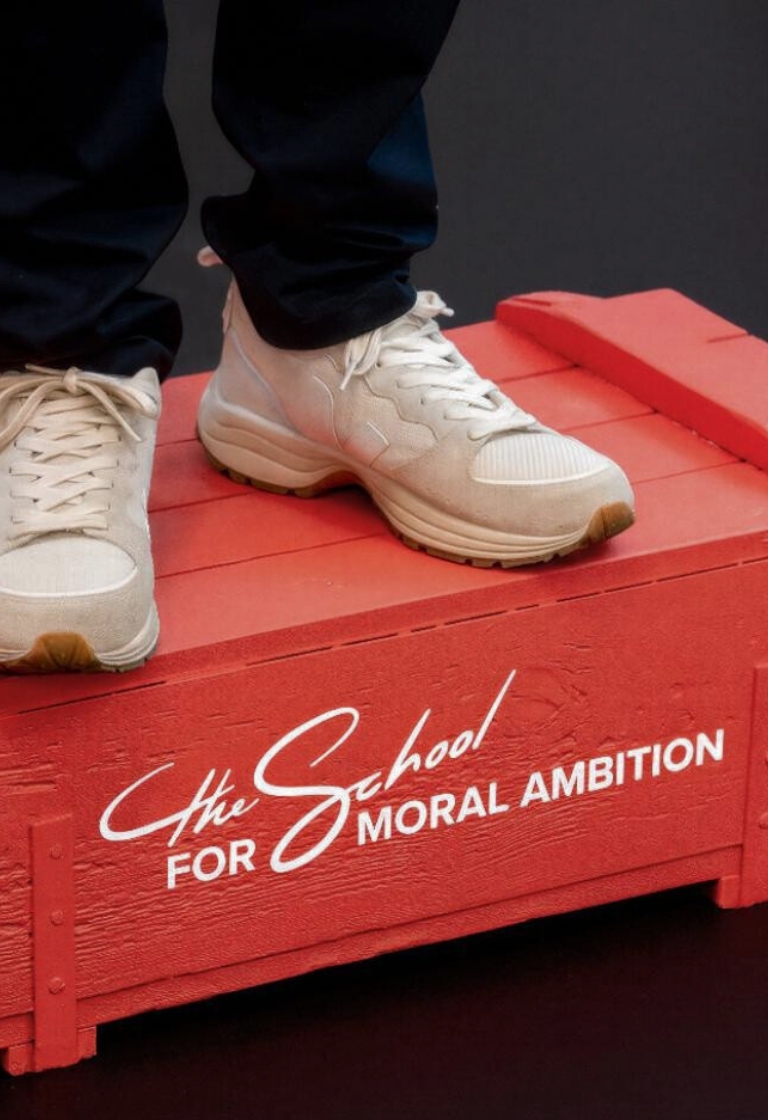
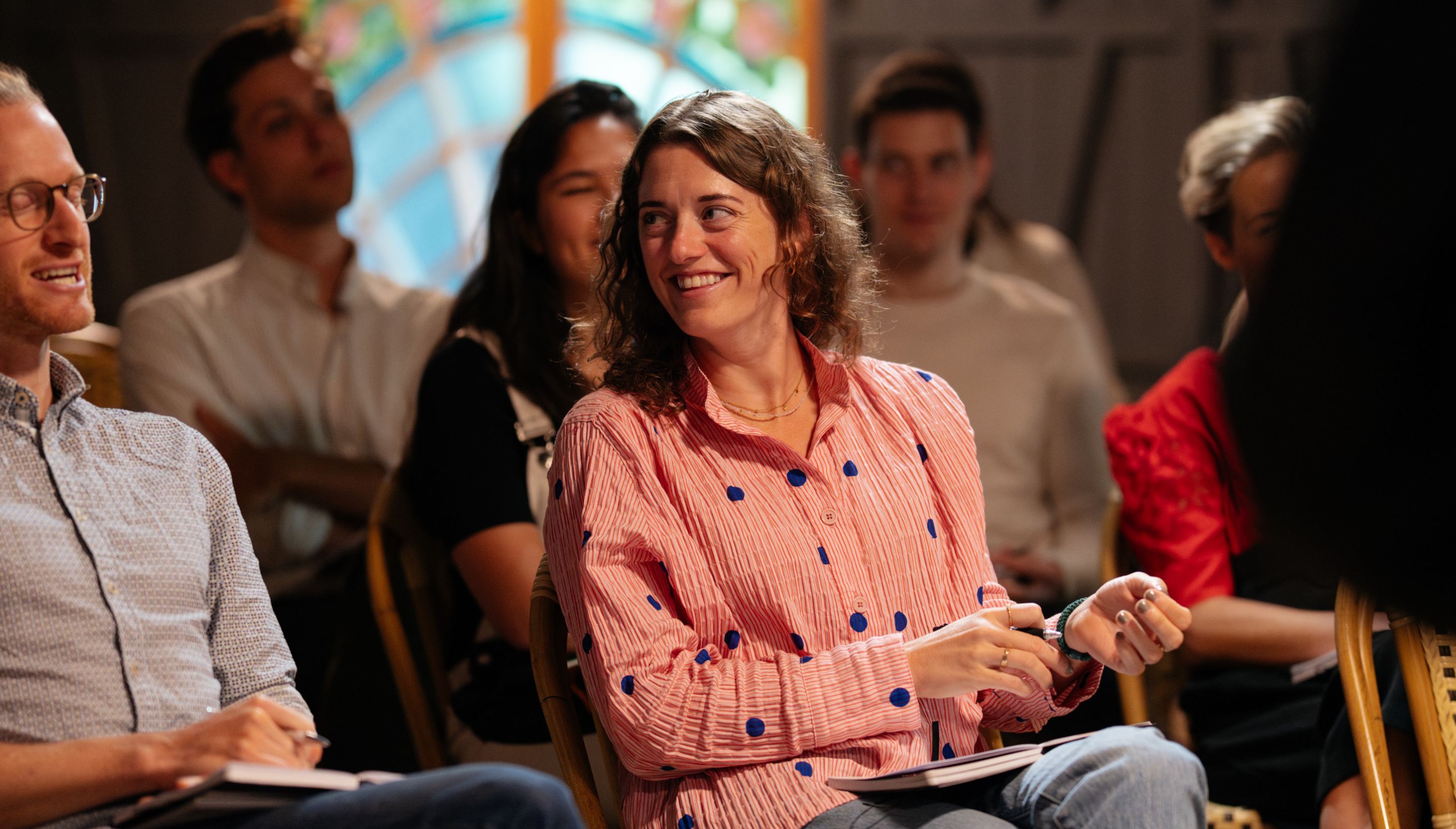
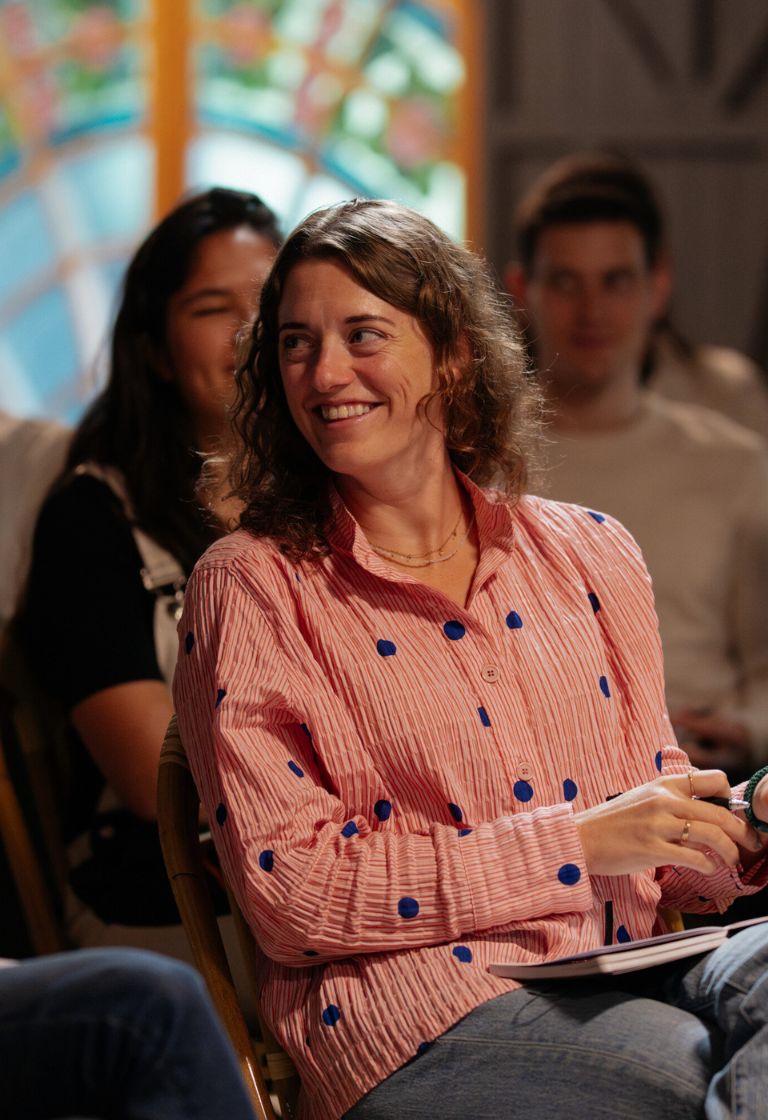
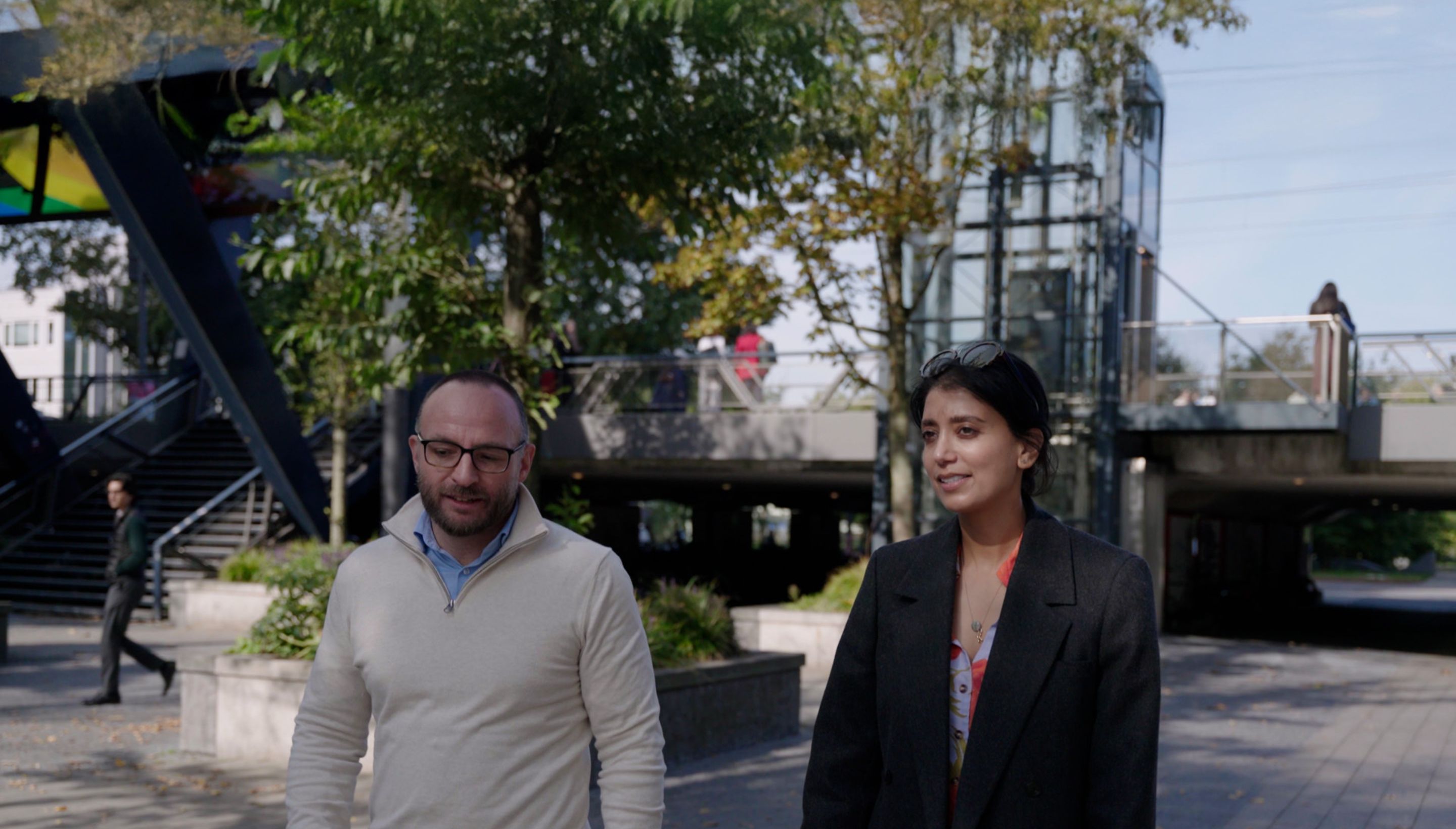
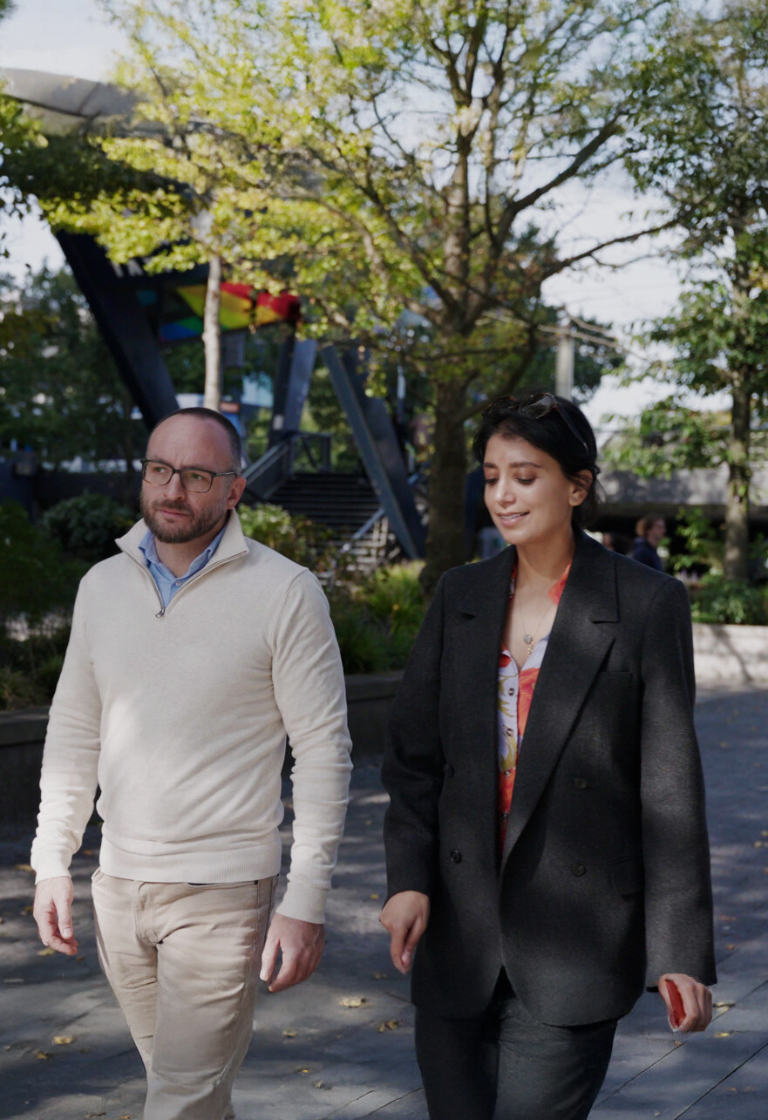
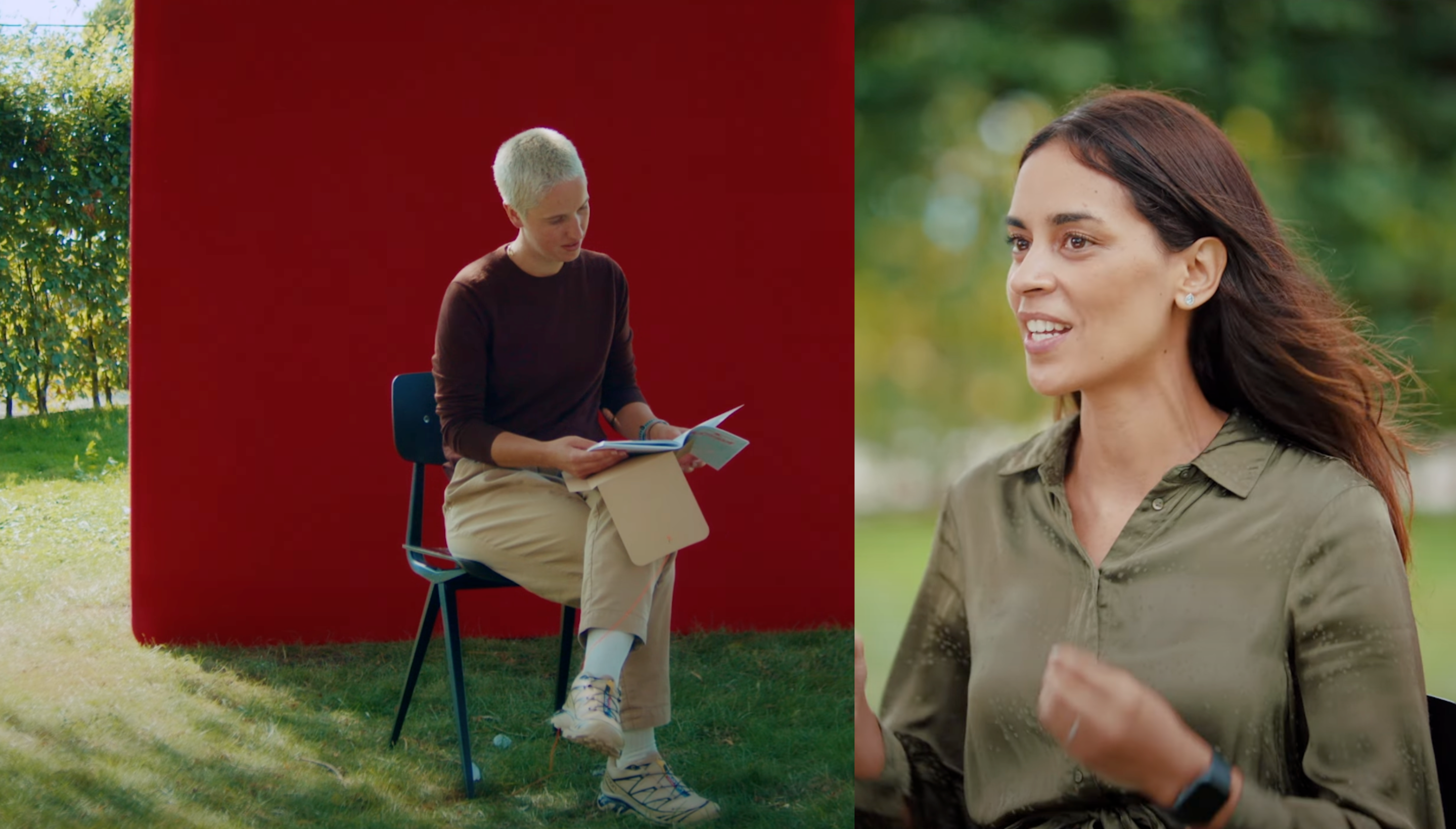



.jpg)
.jpg)




















